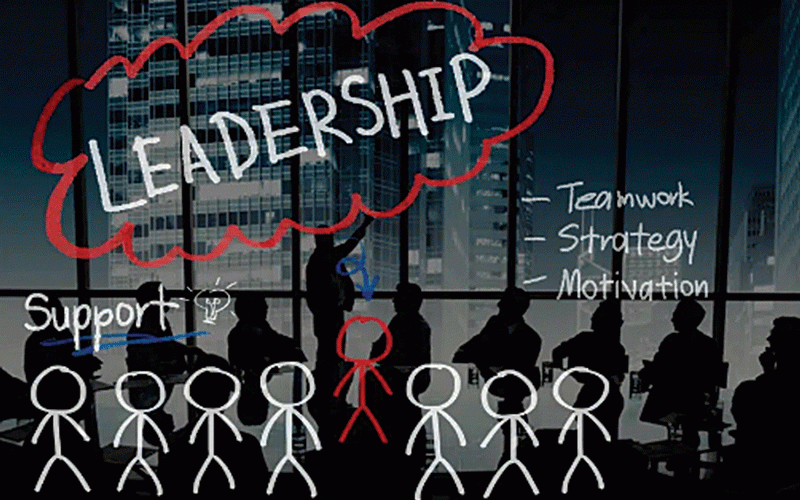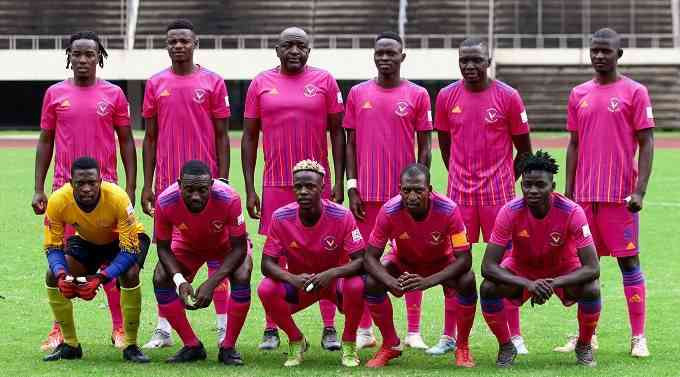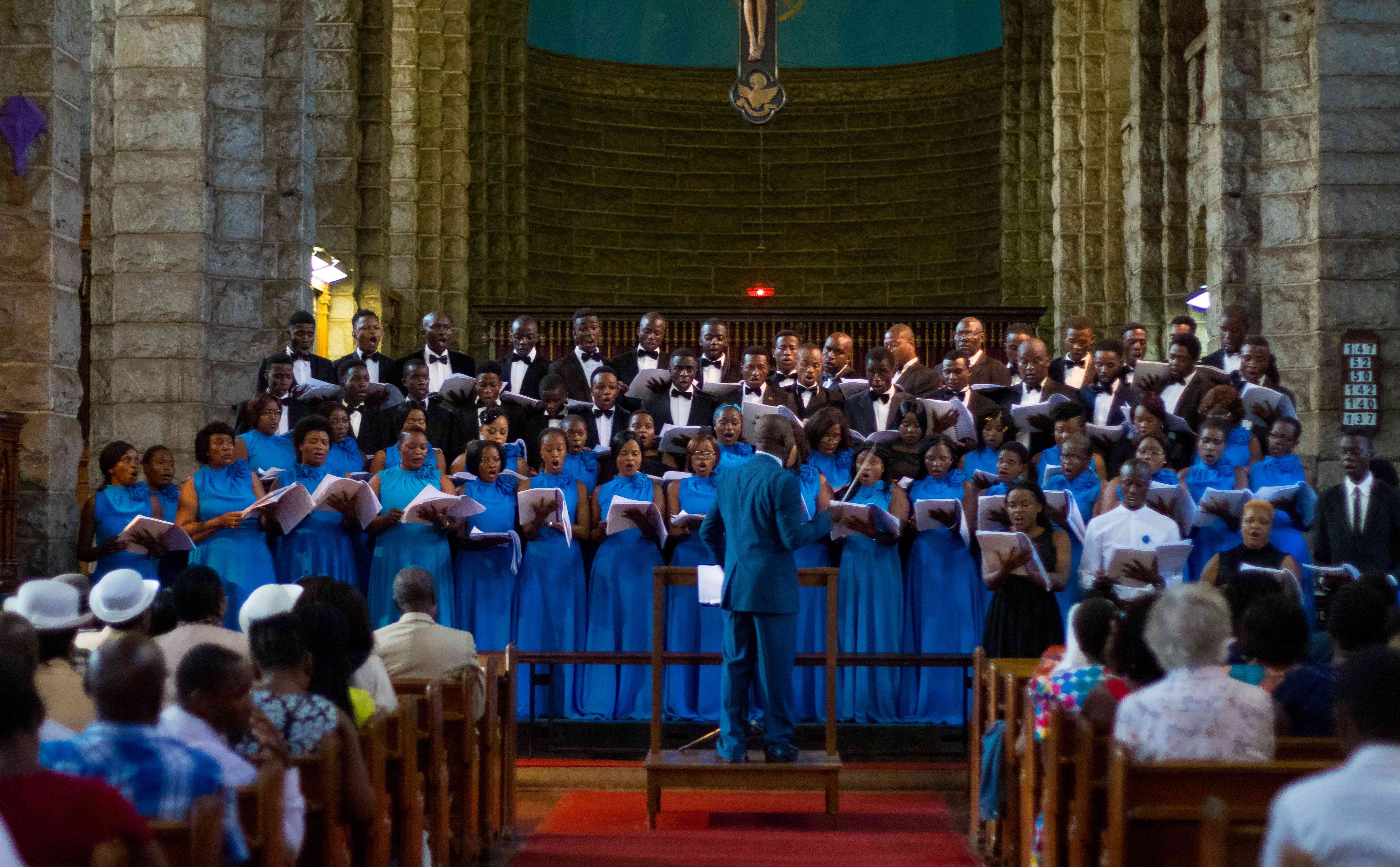
THE year 2024 must be one of the worst years in recent history. Even as we enter the beginning of the year’s second half, it looks as though the year has recorded the worst of major indicators.
This occurs when the year is characterised by a huge void in leadership and faces a seismic shift in geopolitical powers.
The year started on a very pessimistic note. The global economy was projected to face its worst half-decade of growth in three decades. In January this year, the World Bank had forecast a slow economic growth for a third year in a row largely due to the impact of COVID-19 and the wars in Ukraine and the Middle East. The World Bank, at the time, added that the increased geopolitical tensions would present fresh near-term challenges requiring economies to be more innovative and resilient.
As we close the first half of the year, the only factor behind us is the impact of COVID-19 with the major drivers of economic slowdown persisting.
As the world looks reluctant to turn its attention to a growing global crisis, the climate change situation is also unrelenting if not worsening faster than expected. In 2024, global warming caused by human-induced carbon emissions has reached the 1,5°C temperature threshold identified in the Paris Agreement. According to experts, this planetary fever has caused widespread heatwaves, droughts, cyclones and floods which can be directly attributed to greenhouse gas emissions causing enormous human and economic damages.
An ailing global economy, coupled with the intensifying impact of climate change crisis amid an aloof global leadership is not what the world needs right now. There are a lot of political uncertainties around us. And this is not helping the situation. This has left a huge leadership void at a time when the world needs it the most.
The United States, one of the major global economies, will be holding elections on November 5 pitting President Joe Biden (81) and former President Donald Trump (78). It is not clear if this election will take place or what will happen after the election for several reasons. Trump is facing a slew of court cases, while Biden does not seem to be in his best health condition. This comes amid rumours of both the Democratic and Republican parties trying to put in place alternative plans.
It is more than puzzling that a country that boasts of being the champion of democracy which has provided global leadership for many decades and with a population of nearly 342 million people cannot find fresh blood for presidential candidates to tackle global challenges.
- Young entrepreneur dreams big
- Chibuku NeShamwari holds onto ethos of culture
- Health talk: Be wary of measles, its a deadly disease
- Macheso, Dhewa inspired me: Chinembiri
Keep Reading
It is not only the US that is facing an uncertain political future. Just across the Limpopo, it is not clear when a new Cabinet will be announced after the African National Congress (ANC) failed to secure majority votes to enable it to form a government. It needs other parties to go into a coalition government.
Initial indications that it would form a government of national unity with the Democratic Alliance seem to be hitting the wall over differences on who gets what and how many ministries. And for that reason, the country has been on an auto cruise mode since the elections on May 29. It means the focus of their leadership is on domestic affairs rather than on global affairs.
In India, Prime Minister Narendra Modi called for “consensus” among opposition parties after his party, the Bharatiya Janata Party, failed to secure the majority vote needed to form a government. Just like the ANC in South Africa, Modi is forced to go into a coalition government for the first time in 10 years. This also means until such a time when India can establish a coalition government, its ability to engage in global affairs remains impeded by domestic affairs.
India and South Africa are active members of the Brics, which includes Brazil, China and Russia – an economic group promoting investment into a geopolitical bloc positioning itself as a counterweight to North America and the European Union. So, the Brics as it stands has two of its main members down until they put in place governments that can advance its agenda.
In the United Kingdom, they are holding their general elections on July 4. The election will determine the composition of the House of Commons, which determines the government of the United Kingdom. This is the first general election since the UK’s departure from the European Union on January 31, 2020, which was a major issue in the previous election. Projections so far indicate a landslide victory for the Labour Party which also means that the UK will not be fully engaged in global affairs until it concludes its elections.
As global leadership buries its head in the sand due to domestic political affairs, major wars, climatic change and economic shocks are causing preventable suffering. It also means there is no one to call warring parties to order or to stop wars as there is a massive power vacuum. It is a free-for-all kind of situation where anything major can happen unabated. By the time these domestic political issues are concluded, human suffering will be at another level and perhaps beyond reversal.
Tapiwa Gomo is a development consultant based in Pretoria, South Africa. He writes here in his personal capacity.











